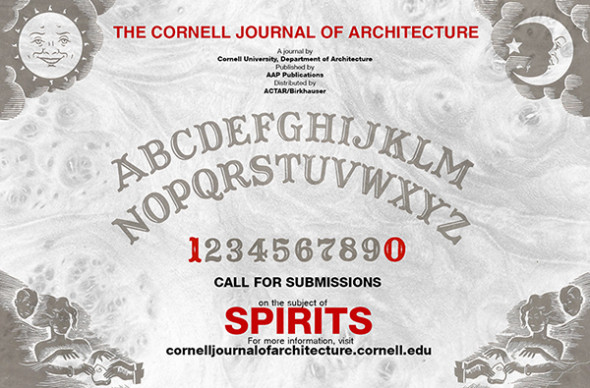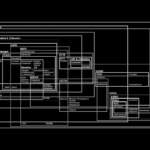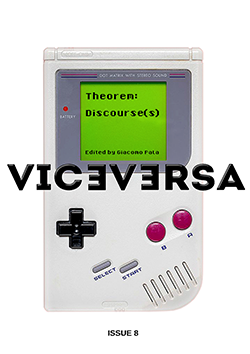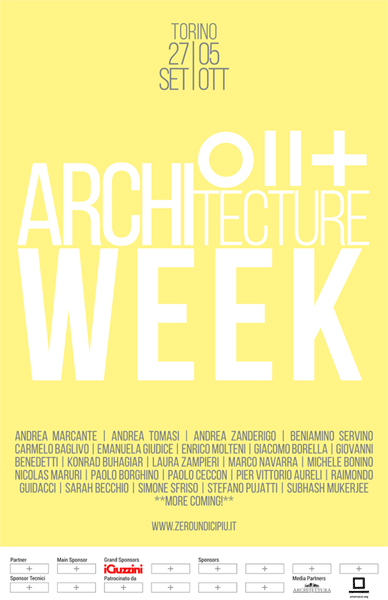The Cornell Journal #10 SPIRITS| Call for papers

In distilling, the small amount of alcohol evaporated during the aging process is known as the angels’ share. That is, while lost to us, the alcohol does not cease to exist, but instead is given to — or taken by — the angels. Architecture’s own angels’ share, the notion of an absent and intangible other, has too been personified. From Genius Loci to Zeitgeist, the figure of the spirit is perhaps the most fundamental component of architecture, even before walls or columns. Whether phenomenal or conceptual, without this flickering spirit, one might say, there is no architecture.
The inevitable presence of the spirit was acknowledged as early as Vitruvius, who wrote of two things found in architecture, “that which signifies and that which is signified. That which is signified is the thing proposed about which we speak; that which signifies is the demonstration unfolded in systems of percepts.”[i] That is to say: besides the real building, is a phantom building, constructed by the reading subject. Architecture is that which oscillates between the two.
As technology enables the virtual realm to be inhabited in more everyday ways, the notion of another kind of spirit becomes more present yet more blurred. The digital, as architecture’s alternate and now flickering specter, skirmishes with architecture’s existing ghosts.
Issue 10 of the Cornell Journal of Architecture will collect a spectrum of specters from the phenomenal to the digital, and question the role and the possibility of the spirit in architecture today. For example: how are spirits produced, maintained, and read, in architecture today? How might the virtual coexist with the ‘reality’ of architecture? Who are architecture’s contemporary ghosts and what traces do they leave? What is a medium? And what gives us chills?
Issue 10 of the Cornell Journal invites you contribute a ghost story, a haunted house, a virtual reality, or a distillation that engages the spirit’s complex and inevitable inhabitation of architecture.
Official call here
Submission guidelines here
Deadline: August 1, 2014
Related Posts
Questo sito usa Akismet per ridurre lo spam. Scopri come i tuoi dati vengono elaborati.








Lascia un commento